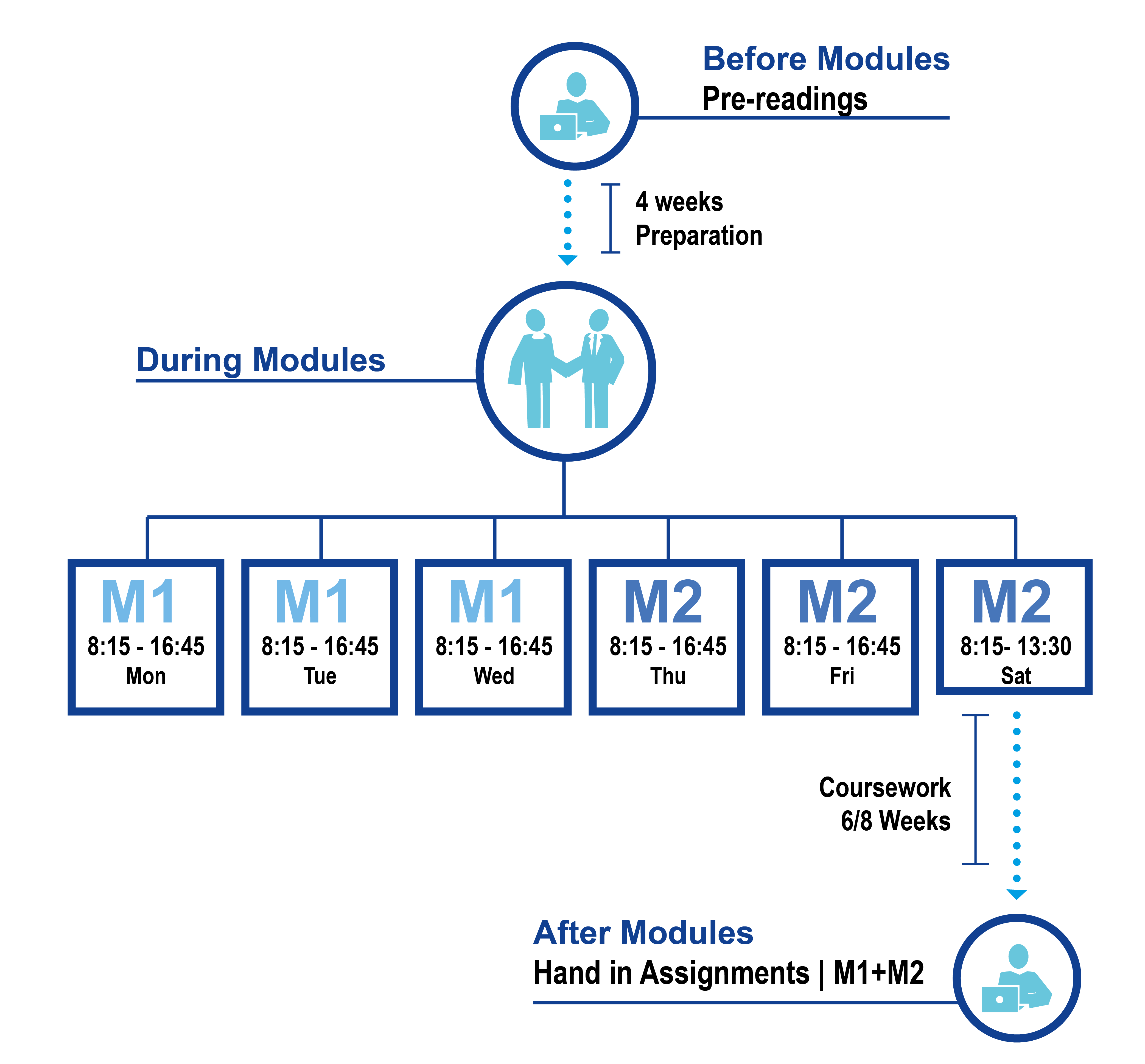The Certificate of Advanced Studies on Migration and Diversity analyzes changes in social structures and cultural processes owing to migration.
Migration results in diversification that boots enrichment and creates social challenges. The CAS teaches the skills to engage with others and create solutions that turn problems into opportunities. It explores conditions for larger social inclusion.
Migration streams affect all aspects of social life (public institutions, policy-making, businesses, media, health services, religion and ethics, gender and family). This CAS analyzes resulting changes in social structures and cultural processes within nation-states and globally.
The modules cover structural and cultural aspects of migration, integration and diversity including political participation, social mobility and market inequality, inclusion and belonging, governance of international migration, prejudice and stereotyping, refugee processes, policies, health and social needs.
LEARNING GOALS
We will present applicable theory and cutting-edge research findings on migration as a global and local process:
You will learn to apply theory in hands-on exercises;
You will develop communication skills and strategies that foster social inclusion and cohesion;
You will learn to analyze intercultural interactions in interpersonal, organizational and social settings, policies and organizational practices and media.
WHOM IS THE CAS FOR?
Professionals seeking career advancement in public institutions that serve or employ migrants or address migration issues such as federal or local institutions, non-governmental organizations, or corporate organizations with diverse migrant workforce.

PROGRAM
The CAS on Migration and Diversity is a joint certificate coordinated between:
Master of Advanced Studies in Intercultural Communication (MIC), Università della Svizzera italiana, Switzerland
Swiss Forum for Migration and Populations Studies (SFM), Université de Neuchâtel, Switzerland
The CAS has 6 modules for a total of 3 weeks, a week roughly every three months.


OUR APPROACH
Our approach emphasizes active engagement and participation as well as application to specific cases. You will work in groups on real-life problems to exchange views and understand differences in perspectives, apply theoretical knowledge to practice, and develop creative solutions. Professors and senior researchers from the partner universities and guest professor are international experts in their disciplines. We encourage you to think outside of the box and develop deep insight.

MODULES
The modules cover structural and cultural aspects of migration, integration, and diversity including political participation, social mobility and market inequality, inclusion and belonging, governance of international migration, prejudice and stereotyping, refugee processes, policies, and health, social needs.
Modules will be held at Università della Svizzera italiana (USI) in Lugano and Université de Neuchâtel (UniNE) .
We had to revise the program to adjust to the current situation (covid-19). Instead of going to South Africa, the courses will be held in Lugano. Our expert faculty will present different perspectives on causes and challenges of migration and diversity. While we will stay in Switzerland, our minds will travel globally.
PROGRAM CONTENT
|
March 2021 |
||
|---|---|---|
|
1-Mon | 3-Wed |
Lugano, Switzerland | |
|
4-Thu | 6-Sat |
Lugano, Switzerland | |
|
May 2021 |
||
|
3-Mon | 5-Wed |
Neuchâtel and Bern, Switzerland | |
|
6-Thu | 8-Sat |
Neuchâtel and Geneva, Switzerland | |
|
June 2021 |
||
| 17-Thu | 18-Fri | Field visits (optional) | |
|
21-Mon | 23-Wed |
Lugano, Switzerland | |
|
24-Thu | 26-Sat |
Displacement and migration: perspectives from the global South |
Lugano, Switzerland |
|
Prof. Dr. Jolanta Drzewiecka |
|
SCIENTIFIC DIRECTION
|
Prof. Dr. Gianni D’Amato |
|

TUITION FEE
Certificate of Advanced Studies - CAS (15 ECTS)
Early Bird Fee until September 1st - CHF 6'500
After September 2nd - CHF 6'900
ACCREDITATION
USI Università della Svizzera italiana is one of 12 universities under the Swiss university system, coordinated by the Rectors’ Conference of the Swiss Universities (swissuniversitites). swissuniversities represents all 12 Swiss universities and maintains relationships with other accredited universities outside Switzerland. As a recognized university that is part of the public system, the degree-granting body of the MIC is USI Università della Svizzera italiana.
To ensure international recognition, in 2002 USI became the first Swiss university to adopt the Bologna Reform and the European Credit Transfer and Accumulation System (ECTS). The Bologna Declaration mandates that all taught courses and coursework are to be quantified in ECTS points. The ECTS guarantees that credits are wholly compatible and transferable within and across the broader European university system.
The certificate awarded is a Certificate of Advanced Studies on Migration and Diversity (15 ECTS) from Università della Svizzera italiana, Faculty of Communication Sciences.
| Lugano, Switzerland |





